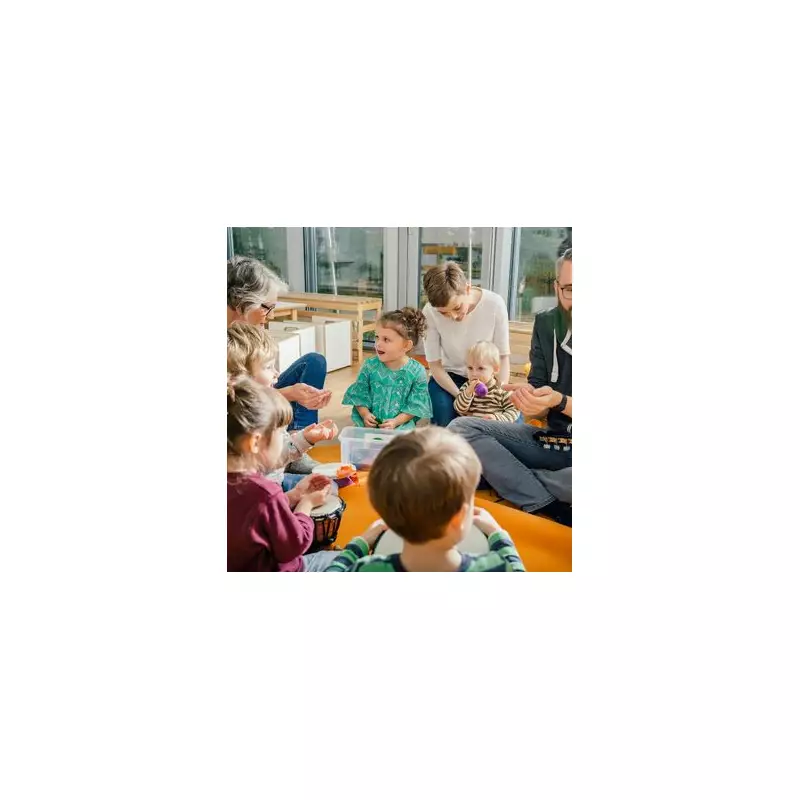
As your child approaches their ninth birthday, you might be wondering what they should realistically be capable of achieving independently. Child development experts have identified a crucial set of skills that form the foundation for resilience, responsibility, and social success.
The Essential Life Skills Checklist for Nine-Year-Olds
Mastering these skills isn't just about practicality; it's about building confidence and preparing your child for the challenges of the teenage years ahead.
- Prepare a Simple Meal: By age nine, children should be able to make themselves a basic breakfast or snack, such as cereal or toast. This fosters independence and teaches basic food safety.
- Manage Personal Hygiene: They should be capable of bathing or showering unsupervised, brushing their teeth thoroughly, and understanding the importance of daily cleanliness without constant reminders.
- Complete Homework Unassisted: While support is still important, nine-year-olds should be able to initiate and complete simpler homework tasks on their own, developing time management and responsibility.
- Show Basic Empathy and Compassion: This is a key social-emotional milestone. They should be able to recognise and respond to others' feelings and understand the impact of their words and actions.
- Handle Minor Disappointments: The ability to cope with not winning a game or a small setback without a major meltdown is a critical emotional regulation skill.
- Follow Multi-Step Instructions: They should be able to remember and execute a sequence of 3-4 tasks, such as 'put your shoes away, wash your hands, and set the table.'
- Understand the Value of Money: A basic grasp of saving for desired items and understanding that money is earned is a crucial financial foundation.
- Take Responsibility for Belongings: Keeping track of their school bag, PE kit, and other personal items teaches organisation and accountability.
- Read for Pleasure: Developing a genuine enjoyment of reading beyond school requirements is a strong predictor of academic success and cognitive development.
Why These Milestones Matter
These skills are not arbitrary. They represent a child's growing cognitive abilities, emotional intelligence, and physical competence. Encouraging independence at this age helps prevent the 'helplessness' that can sometimes emerge in later childhood. It's about striking a balance between offering support and stepping back to let them try, fail, and ultimately succeed on their own terms.
Remember, every child develops at their own pace. This list is a guideline, not a strict deadline. The most important thing is to provide a supportive environment where your child feels safe to practice and learn these essential life skills.





